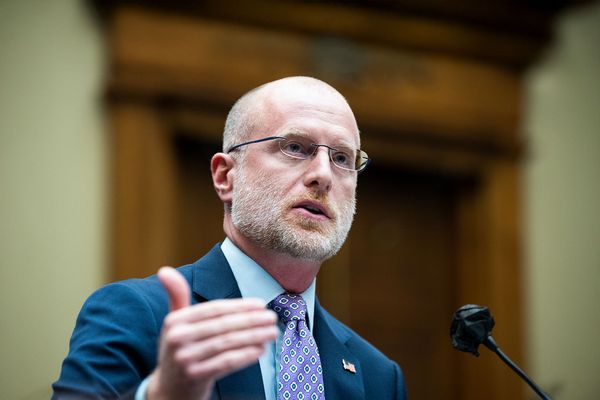
In a disconcerting discovery, scientists have uncovered evidence of pollution at the deepest point on Earth: the Challenger Deep in the Mariana Trench. Despite its incredible depth of 10,780 meters (6.7 miles) below sea level, the trench was found to be marred by a piece of rubbish – a beer bottle, to be exact.
Oceanographer Dr. Dawn Wright made this alarming find during an expedition in 2022 and shared her findings on social media. The bottle, still adorned with its label, was firmly lodged in the sand at the bottom of the Challenger Deep. Dr. Wright posted a photo, expressing her concern for our oceans and the habitats we rely on, stating: 'What did we see upon 1st touching bottom, at 10,900+m depth w/in #ChallengerDeep? A BEER BOTTLE! Further evidence that we MUST as humanity do BETTER by the ocean and for the health of habitats that we ourselves share & ultimately depend on!!! #ThereIsNoPlanetB #DeeperSeaDawn.'
Although it remains unclear how the beer bottle made its way to such extreme depths on its own, it seems highly unlikely that someone was partaking in a drink at the lowest point on Earth. As reported in an interview with the Los Angeles Times, the bottle had journeyed over 6.7 miles to reach this abyssal location, with its label remarkably still intact.
This disheartening find serves as a stark reminder of the extent to which humans are littering and polluting our planet. It is a symbol of the deep and irreversible impact that our actions have on the natural world. The fact that this discarded item managed to reach a pristine and untouched part of our world before we did is a cause for reflection and a call to action.
It is crucial that we recognize the urgency of protecting our oceans and the delicate ecosystems they harbor. The health of these habitats directly influences the well-being of our entire planet, as they support numerous marine species and play a vital role in regulating our climate.
To combat pollution and ensure a sustainable future, it is imperative that we adopt responsible waste management practices, reduce single-use plastics, and promote education and awareness about the importance of preserving our oceans. By taking these steps, we can work towards a cleaner and healthier environment for all living beings.
Let this discovery serve as a wake-up call and a motivation to strive for a better future—one where we prioritize the well-being of our planet and all its inhabitants. It is time to take action and be the change we wish to see in the world. Together, we can make a difference and create a more sustainable and pollution-free future.







